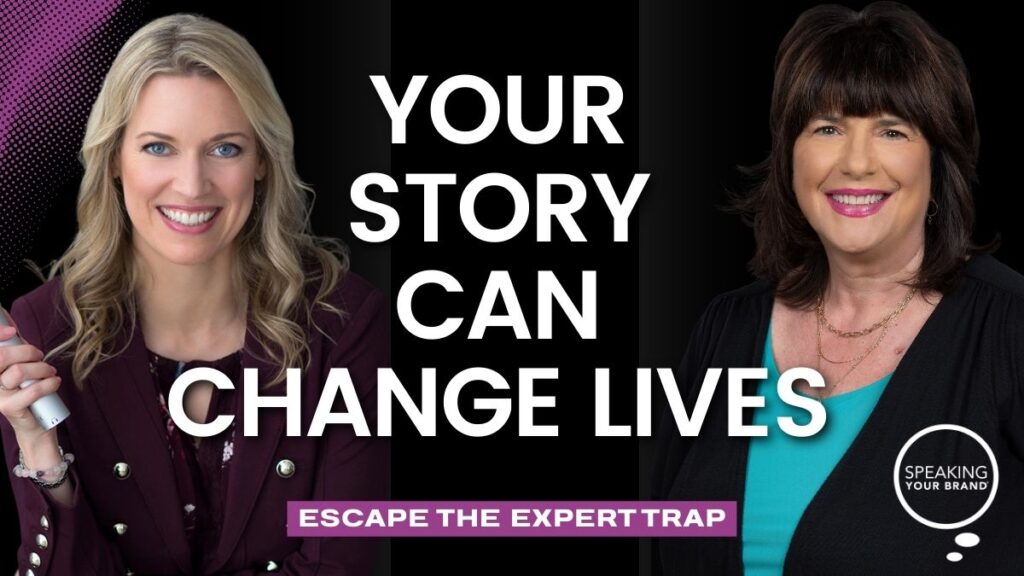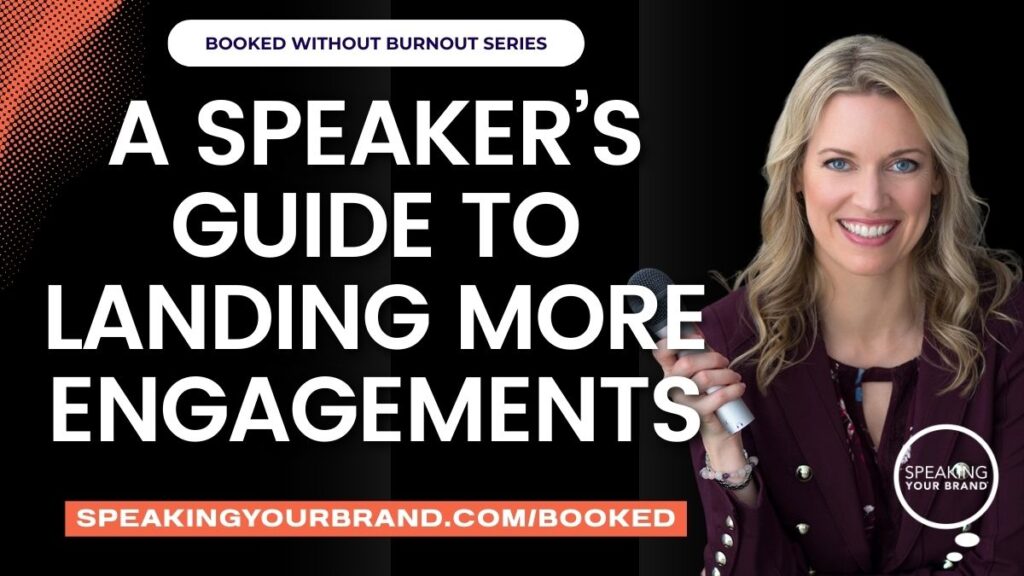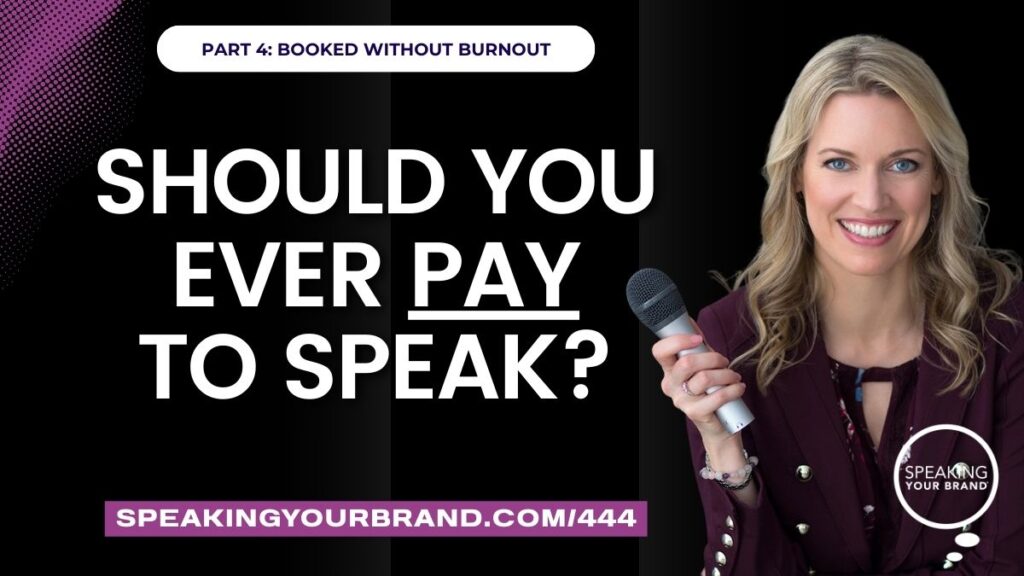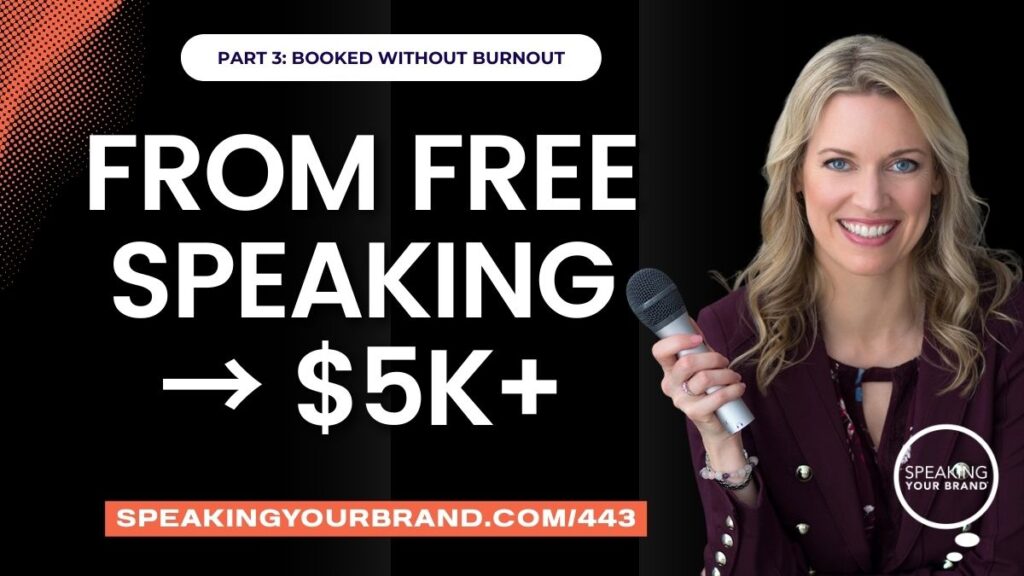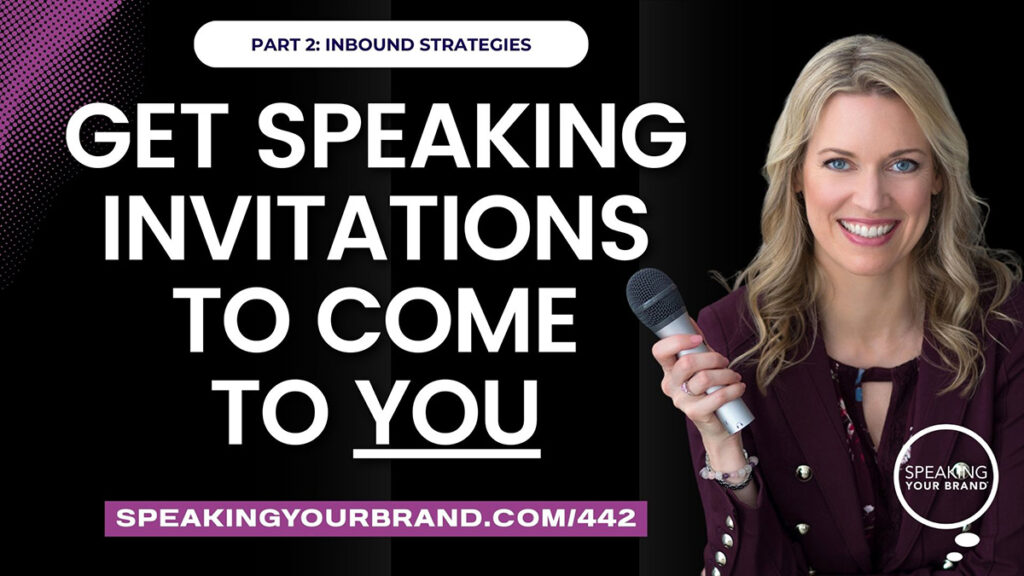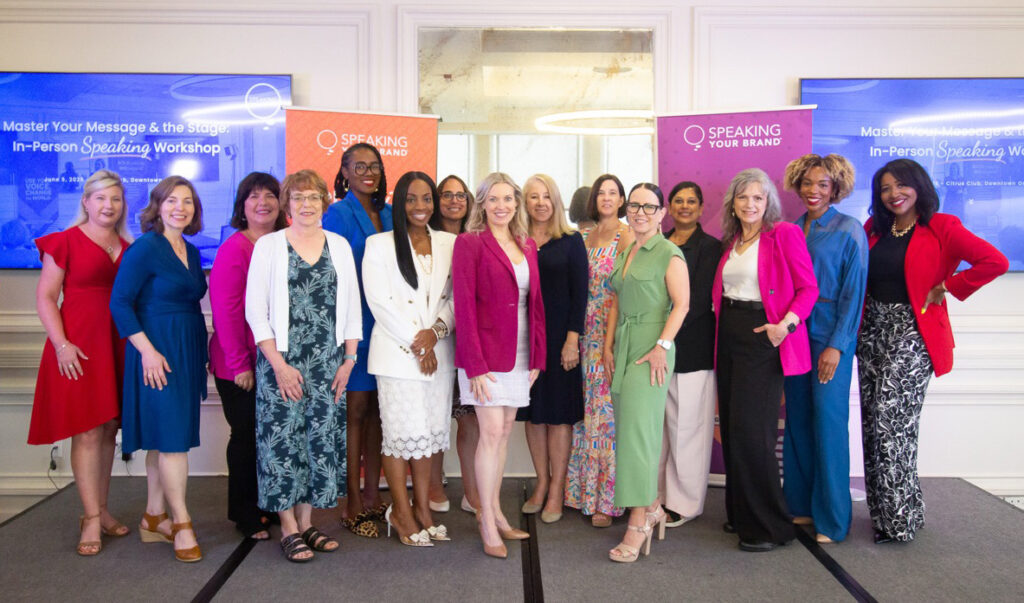What if the most challenging moment of your life could become the catalyst for someone else’s transformation?
That’s the question at the heart of my conversation with Karen Keene, a graduate of our Thought Leader Academy, who has turned her personal tragedy into a powerful keynote talk that inspires audiences and drives meaningful change.
Three years ago, Karen survived a violent home invasion that took her husband’s life, left her critically injured, and forced her into a long and painful recovery—26 surgeries and countless emotional hurdles. While she never would have chosen this path, she’s now using her voice to encourage others to find resilience, purpose, and the courage to move forward.
And here’s what’s important: Karen’s story isn’t just a story. It’s a vehicle for transformation—both for her audiences and for herself.
In this post, I’ll break down what makes a story truly impactful and how you can share yours in a way that leaves people not only inspired, but ready to take action.
Why Your Story Matters
You don’t need to have gone through a highly traumatic event to have a story worth sharing. What matters is how you tell it and what lessons you offer your audience.
Karen’s keynote works because she:
-
Connects her personal experience to universal themes of loss, resilience, and purpose
-
Uses vivid details to bring the audience into the moment
-
Moves beyond “what happened” to “what’s possible”
Takeaway: Your audience wants to know what your experience means for them. The facts of your story draw them in—but the meaning you make from it is what stays with them.
From Story to Framework: The MAP Method
One of the key elements we worked on together in the Thought Leader Academy was shaping Karen’s story into a structure that gives her audience tools they can use.
Karen’s M.A.P. framework is simple yet powerful:
-
M – Mindset: Cultivating gratitude, journaling, and acknowledging that it’s okay to not be okay
-
A – Asking for Help: Building the courage to reach out for support, even when it feels uncomfortable
-
P – Permission: Giving yourself grace, allowing rest, and creating space for healing and growth
Takeaway: A clear framework turns your story into a roadmap your audience can follow in their own lives.
The Transformation for the Storyteller
Karen admits she was nervous to share such a personal, devastating experience on stage. But through the process, she’s found healing, confidence, and a renewed sense of purpose.
And this is something I’ve seen again and again: when you share your story with intention, the transformation isn’t just for the audience—it’s for you, too.
Takeaway: Telling your story can help you reclaim your narrative, find meaning in your experiences, and step into your role as a leader.
Action Items to Apply This to Your Own Story
-
Identify Your Core Message: Ask yourself, “What do I want my audience to do or feel after hearing my story?”
-
Find the Universal Themes: Pull out lessons or experiences that apply to anyone, even if they haven’t been through what you have.
-
Create a Framework: Turn your insights into a 3–5 step process or acronym your audience can remember.
-
Practice Storytelling Skills: Use imagery, dialogue, emotion, action, and lessons (the I.D.E.A.L. story ingredients) to make your story vivid and memorable.
-
Share It with Intention: Whether on stage, in a podcast, or in a meeting, focus on connection and service, not perfection.
If you’re ready to develop your own signature talk and learn how to tell your story in a way that inspires transformation, join us in the Thought Leader Academy. You’ll get the tools, coaching, and confidence to step onto bigger stages and make a bigger impact.
Connect on LinkedIn:
- Carol Cox = https://www.linkedin.com/in/carolcox
- Karen Keene = https://www.linkedin.com/in/karen-keene-profile2023/
Related Podcast Episodes:
- Episode 297: Integrating Your Story Into Your Talks with Carol Cox, Diane Diaz, and Joy Spencer
- Episode 263: Finding the Emotional Heart of Your Message with Carol Cox
- Episode 230: Use Your Story for an Inspirational Talk with Tanea Smith
- Episode 137: The Missing Ingredients in Your Stories with Carol Cox

